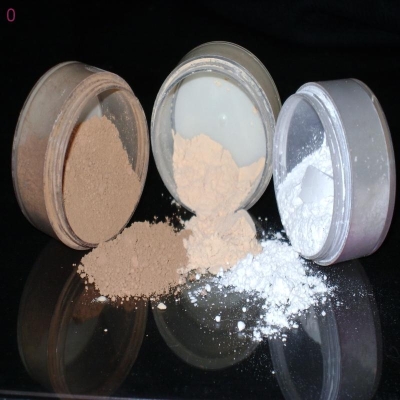-
Categories
-
Pharmaceutical Intermediates
-
Active Pharmaceutical Ingredients
-
Food Additives
- Industrial Coatings
- Agrochemicals
- Dyes and Pigments
- Surfactant
- Flavors and Fragrances
- Chemical Reagents
- Catalyst and Auxiliary
- Natural Products
- Inorganic Chemistry
-
Organic Chemistry
-
Biochemical Engineering
- Analytical Chemistry
- Cosmetic Ingredient
-
Pharmaceutical Intermediates
Promotion
ECHEMI Mall
Wholesale
Weekly Price
Exhibition
News
-
Trade Service
Professor Fu Linglin of Zhejiang University of Industry and Commerce's School of Food and Bioengineering published an online article, "Dietary protein-phenolic interactions: characterization, biochemical-consequences, and potential food applications", published online on August 20 in The International Top Journal of food, "Dietary Protein-Phenolic Interactions: Characterization, Biochemical-consequences, and Potential Food Applications", which provides a comprehensive summary of the latest advances in dietary protein-phenol interactions and their potential applications in the food industry.
dietary proteins and phenolic compounds are usually co-existing ingredients that can easily interact with each other to produce compounds in a wide range of food systems. The resulting compounds play a key role in the physical and chemical properties of both reaction molecules, thus affecting the nutrition and quality of the products involved. In this review, Bridgezhi Zhang, Zhou Chengzhou, and Linglin Fu, of Zhejiang University of Commerce and Industry's School of Food and Bioengineering, summarize the latest developments in dietary protein-phenol interactions related to food science and human nutrition, including their processing, analytical techniques, and changes in the function and nutritional properties of these two reactive substances. In addition, their potential applications in food processing and storage stability, impact on product quality, and stability in the preparation of new bioactive vectors are discussed.
Interactions between dietary proteins and phenolic substances, whether through non-co-priced or co-priced processes, are common in food systems and are closely related to the chemical structure of compounds and their surroundings (mainly temperature, pH and phenolic oxidases). Although this combination of molecules causes changes in protein structure in different ways, it is possible to affect their processing function, digestion rate and sensitivity. At the same time, as evidenced by in vitro and in vivo evidence, the bio-accessability/bio-utilization and physiological activity of interacting phenolic compounds have also been changed to varying degrees. These effects depend to a large extent on molecular interactions and preparation steps and may be beneficial or unfavourable in different systems, so they can be tailored to develop food and nutritional health products with the best functional and quality characteristics.







